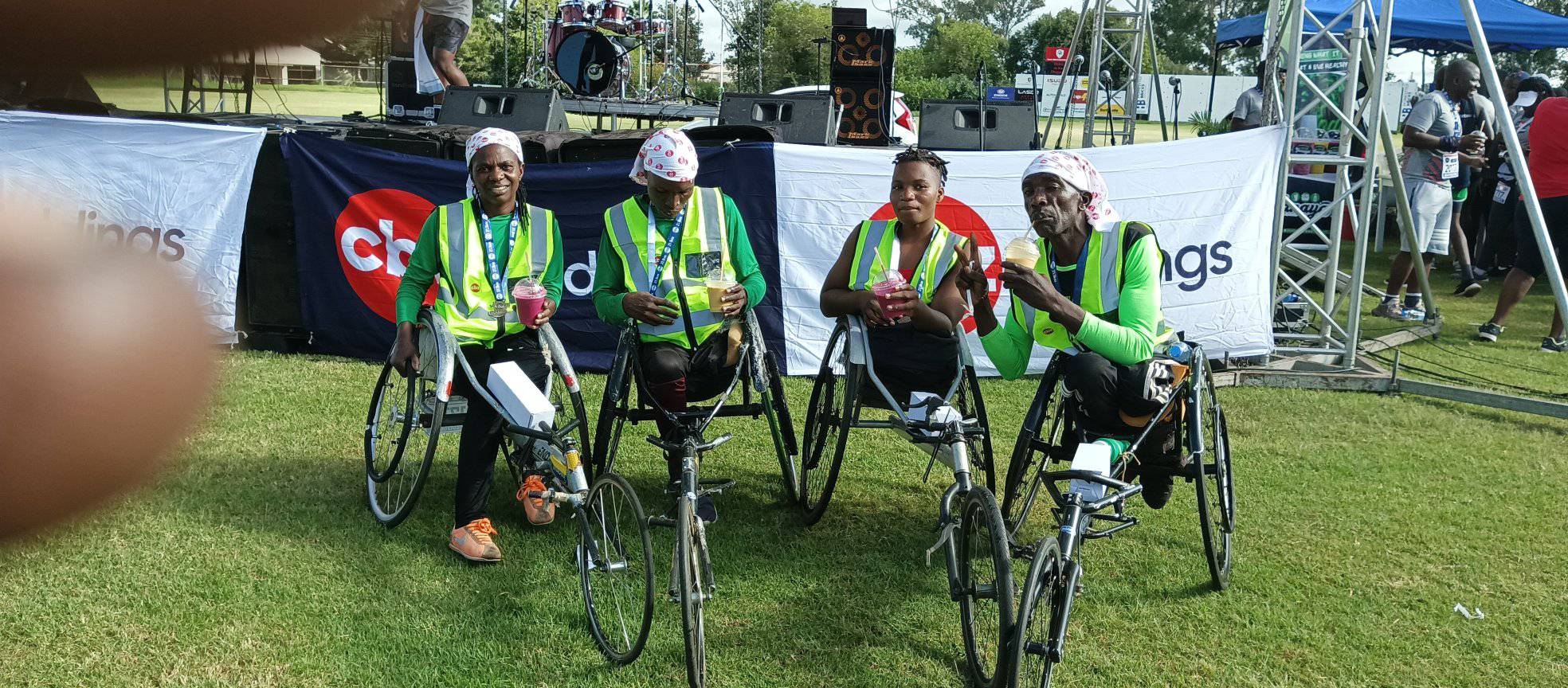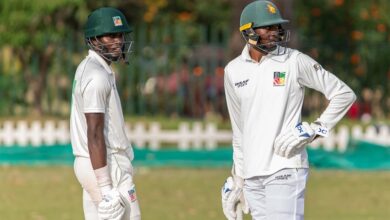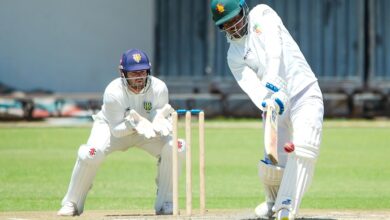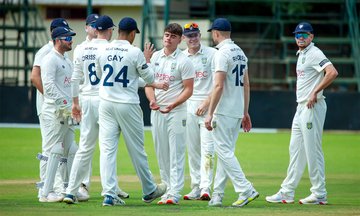Breaking Barriers: Empowering Differently-Abled Athletes Through Increased Participation

DIFFERENTLY-abled athletes and organisations representing them have raised concern over the low participation in sporting activities by people with disability due to lack of adaptive sports equipment.
Disability is still viewed through the charity lens by the corporate world and government officials; hence athletes cannot make a living out of it. This view has often resulted in a need for more sponsorship to host tournaments and meetings.
Zimbabwe Sports Association for People with Disabilities Chief Executive Officer Johane Marufu said the equipment for adaptive sports is expensive. This is because the athletes have to use specialised equipment for their disability, such as wheelchairs for basketball, tennis, badminton and racing.
“The cheapest equipment is going for US$350 before shipping, which is beyond the reach of many athletes with disabilities, considering that there is a causal relationship between poverty and disability. One causes the other,” he said.
Marufu added that people do not give athletes with disabilities a chance to participate in sports as they have the assumption that wheelchairs damage courts.
“Able-bodied people run many sporting facilities, and they assume that wheelchairs damage their courts, which is not true,” Marufu said.
“They roll over as compared to the stamping effect caused by running feet.”
He said that unlike sports for people without disabilities are not classified, athletes with disabilities have to be classified for them to use the appropriate sporting equipment and to bring fairness to the sport. However, this is expensive, and Zimbabwe has not hosted any classification tournaments and lacks properly trained classifiers.
Marufu said they are engaging in various activities to improve the participation of persons with disabilities in sporting and physical activities as an organisation.
“We are partnering with the local polytechnic college to produce our brand of sporting wheelchairs that we hope will be cheaper as there will be no shipping,” he said.
Rufaro Jokwani, who has a disability, said that people still believe that persons with disabilities cannot do anything, which he described as an unfortunate perception.
“Many of us out there can engage in some of the activities, but we are not allowed to showcase our talent. Disability does not mean inability,” he said.
The environment should be conducive for people with disabilities to maximum participation in sports, and for that to happen, Jokwani believes that the government should play a leading role.
Enable Association President and Secretary of the Victoria Falls Royal Club Valentine Nyoni said that grounds for training are a challenge for people with disabilities.
“We do not have enough grounds for training, so it’s hard for people with disabilities to engage in sporting activities,” said Nyoni.
Training in the evenings is a big challenge in Victoria Falls because of the animals in the area.
It is estimated that about 1.4 million people have some form of disability in Zimbabwe. To promote the rights of people with disabilities, in 2008, the Sports and Recreation Commission introduced the Zimbabwe National Paralympic Games, which are a National platform for those with disabilities to participate in sports and recreational activities of their choice.






